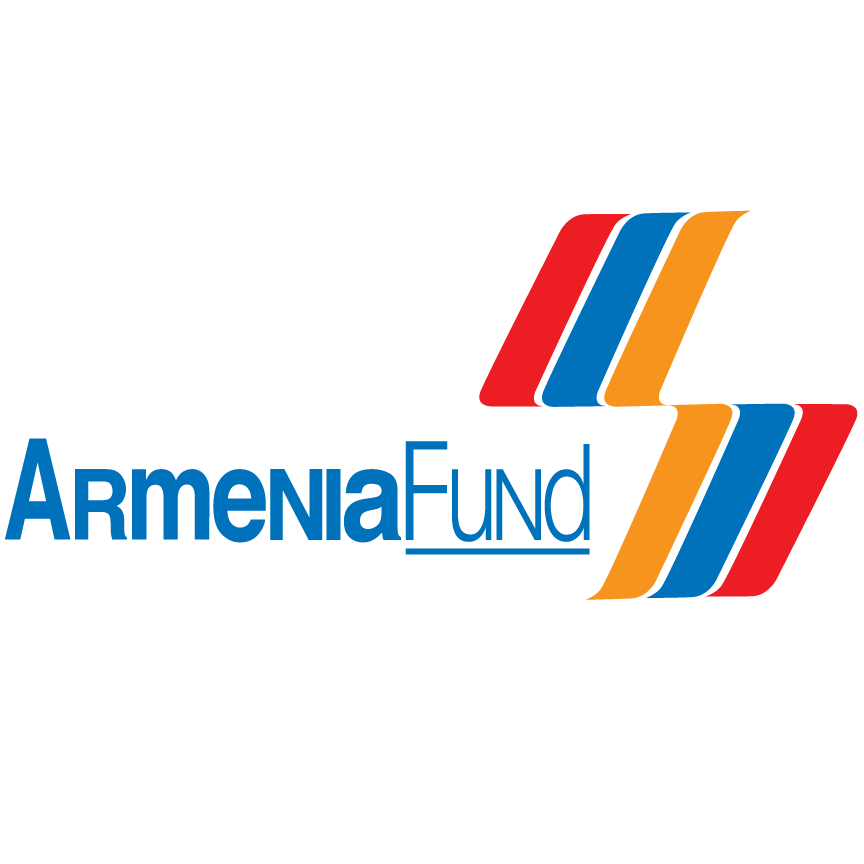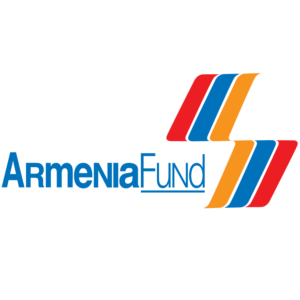In Berdavan, a village in Armenia’s Tavush Region located less than a mile from the border with Azerbaijan, most adult residents are former or current soldiers, irrespective of their regular professions. They include Gagik Ghazaryan, the district manager in charge of Berdavan’s electrical grid. His two-year-old grandchild, too, is expected to become a soldier one day.
“Let him choose his profession when he grows up, but first he must serve in the military,” the grandfather says. He himself was a volunteer soldier until 1997, and his two sons have served in the army and subsequently returned to their native village. Today, Berdavan is enjoying relative peace. Ghazaryan says it’s been two years since the last time the Azeris fired at the village. But isn’t it a fact that they fire shots at the village on a daily basis?
“Oh, those daily gun shots are nothing,” Ghazaryan jokes; “we’ve long grown used to them.” But his smile freezes on his face almost instantly. “I just remembered 2015,” he says, “when grenades fired by the Azeris killed two women in our village.”
Ghazaryan, 55, says even the children of the village are by now used to the daily gunfire — from the sound of the shots, they can tell the type of weapon that’s being used. Ghazaryan’s oldest grandchild, three-year-old Milena, attends the village kindergarten. The family is not worried, since the campus is in a safe area. Moreover, every home has a bomb shelter. In case of an attack, everyone knows what to do.
“Despite the difficulties, I’ve never thought of leaving the village,” Ghazaryan says. “If we all leave, then who would defend our borders? This is how I think, and it’s a stance shared by the whole village. The Azeris can fire at us all they want; we’re not going anywhere.” The fact that Ghazaryan’s home sits only about a mile from the border has never stopped him from tending his orchard and raising animals. The family sells its peach harvest to nearby communities, and the grapes to the local winemaker.
“I supplement my job with farm work, as an additional source of income,” Ghazaryan says. “You know, in all modesty, I think my family is very hard-working, as is our whole village. All we wish for are peace and health.” For the past six months, Ghazaryan’s work — as both farmer and power-grid manager — has somewhat suffered because of ill health. He doesn’t know what has caused his abdominal hernia. He learned of his condition after the pain had started and he went for a checkup.
“I had heard from our townspeople that, at the initiative of Armenia Fund, doctors from America have been coming to the Noyemberyan Hospital and performing free surgeries,” he says. “So I signed up and received an examination. And today, just a few hours ago, I underwent surgery. I feel better already!”
Ghazaryan was operated on by volunteer physicians from Adventist Health Glendale (AHG), who had taken part in the third medical mission to Tavush organized jointly by Armenia Fund and AHG.
The doctors have assured Ghazaryan that he’ll be able to get back to work within a few days. Berdavan’s electrical-grid manager couldn’t be happier by the news — because even though his son has been looking after their orchard, the month will be up soon, which means he will need to tally the power-meter readings and submit them to the district.

